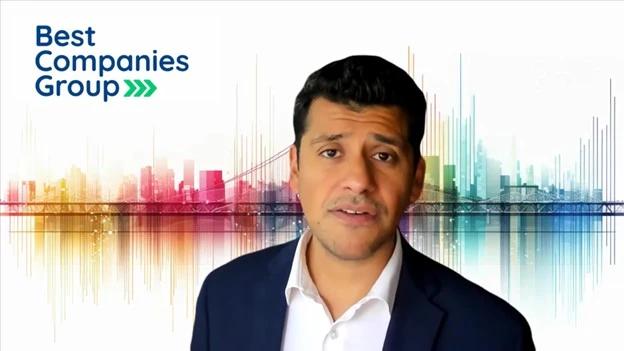 Dennis Lyon Dennis Lyon |
A relatively new supervisor came to me last year seeking advice on dealing with a managerial and employee-performance issue. I, at first, assumed that since I had more than 35 years of experience in golf course management, I was the “wise, old sage” within the organization. In truth, this new supervisor probably came to me because he knew I’d been a manager long enough to have made about every management mistake in the book. Since I hopefully learned from my mistakes, I could offer some sage and presumably helpful advice. As managers, by virtue of our positions, we are given the responsibility of working with others. We set goals, develop performance standards, manage resources and ensure the required tasks are accomplished in a cost-effective, proficient manner. We have “bottom-line” and “the-buck-stops-here” responsibilities. Sound management and solid leadership practices are not particularly complex issues. I believe effective management is primarily the application of “common sense” to the workplace. Based on this simplistic view, I often wonder: Why are there so many supervisors who fall so far short of their potential? Will you agree a golf course superintendent with poor supervisory and leadership skills will have an unhappy, unmotivated, poorly performing crew? When things don’t go well, whom do you believe this superintendent will blame? All too often the ineffective, poor supervisor blames others rather than look at himself. Have you ever heard a frustrated supervisor say something like, “If I want anything done right around here, I have to do it myself,” or “Next week I am going to have a meeting with the crew and remind them who’s boss”? Have you ever said these words yourself? Here’s a management concept I have found to be very effective and answers how a new “default option” can make you a better manager. To best describe this concept I need to share a story. At a recent financial conference there was a contest for up-and-coming money managers. To win the contest the young managers had to write an essay on how best to manage and invest money. The winner of the contest would be awarded the opportunity to spend one hour with one of the most well-respected, successful businessmen in the country. During the conference a winner was selected and the young money manager was picked up by the businessman in his limousine. In hopes of learning as much as possible, the young money manager’s first request was, “Name the one thing you feel has contributed most to your success.” Without hesitation, the wealthy businessman responded in a sincere and thoughtful voice, with one word. Kindness. He went on to explain, “I am successful because I do my best at all times to be kind. Through kindness, I have established loyalty, trust and friendship with those whom I depend on for my success.” In your leadership position, why not consider making “kindness” your default option? Next time you are upset and are tempted to fire back at someone, before you say what first comes to mind, ask yourself if you are being kind. Can you communicate the same message in a more human, caring way? Are you being perceived by others as kind? Why not make a commitment to always treat others, regardless of the situation, first with kindness? Make kindness your 2011 “default option.” This approach will have a positive impact on your organization and make you a better manager. Let me know how it works. I look forward to hearing from you. |

Explore the April 2011 Issue
Check out more from this issue and find your next story to read.
Latest from Golf Course Industry
- Editor’s notebook: Green Start Academy 2024
- USGA focuses on inclusion, sustainability in 2024
- Greens with Envy 65: Carolina on our mind
- Five Iron Golf expands into Minnesota
- Global sports group 54 invests in Turfgrass
- Hawaii's Mauna Kea Golf Course announces reopening
- Georgia GCSA honors superintendent of the year
- Reel Turf Techs: Alex Tessman





